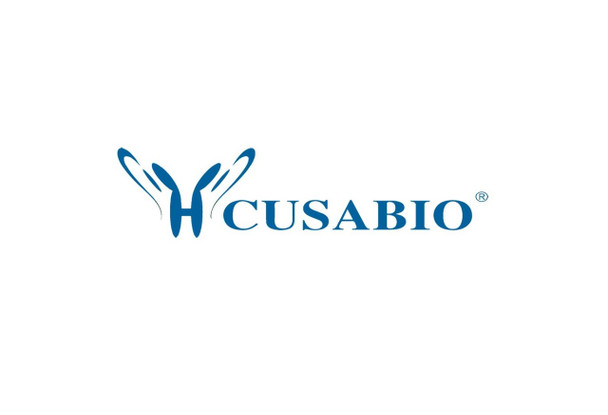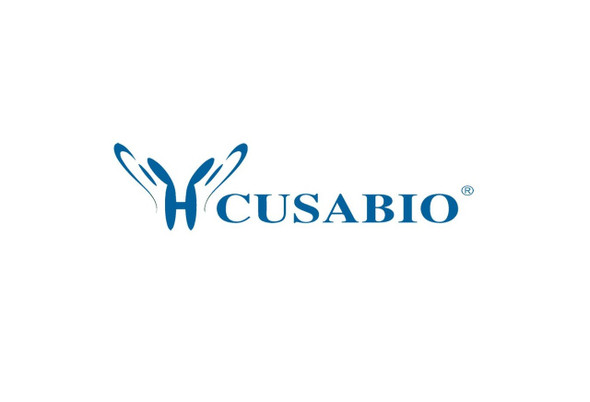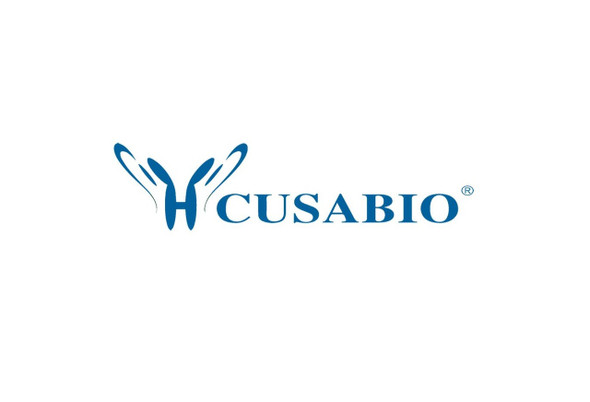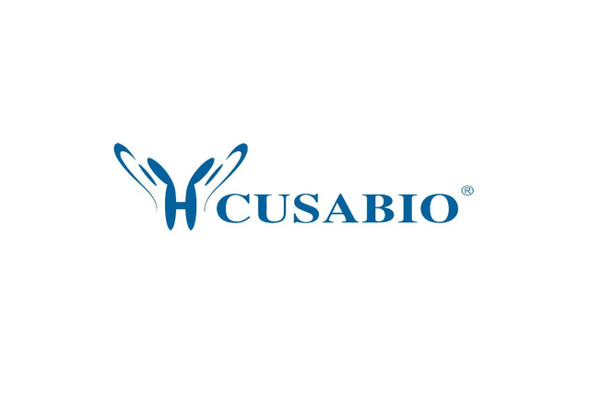Cusabio Virus & Bacteria Recombinants
Recombinant Enterobacteria phage 933W Shiga-like toxin 2 subunit A (stxA2) (E189K) | CSB-EP362675ECC(M)
- SKU:
- CSB-EP362675ECC(M)
- Availability:
- 3 - 7 Working Days
Description
Recombinant Enterobacteria phage 933W Shiga-like toxin 2 subunit A (stxA2) (E189K) | CSB-EP362675ECC(M) | Cusabio
Alternative Name(s): Verocytotoxin 2 subunit A Verotoxin 2 subunit A rRNA N-glycosidase 2
Gene Names: stxA2
Research Areas: Neuroscience
Organism: Enterobacteria phage 933W (Bacteriophage 933W)
AA Sequence: REFTIDFSTQQSYVSSLNSIRTEISTPLEHISQGTTSVSVINHTPPGSYFAVDIRGLDVYQARFDHLRLIIEQNNLYVAGFVNTATNTFYRFSDFTHISVPGVTTVSMTTDSSYTTLQRVAALERSGMQISRHSLVSSYLALMEFSGNTMTRDASRAVLRFVTVTAKALRFRQIQREFRQALSETAPVYTMTPGDVDLTLNWGRISNVLPEYRGEDGVRVGRISFNNISAILGTVAVILNCHHQGARSVRAVNEESQPECQITGDRPVIKINNTLWESNTAAAFLNRKSQFLYTTGK
Source: E.coli
Tag Info: N-terminal 10xHis-tagged and C-terminal Myc-tagged
Expression Region: 23-319aa(E189K)
Sequence Info: Full Length of Mature Protein
MW: 40.6 kDa
Purity: Greater than 85% as determined by SDS-PAGE.
Relevance: The A subunit is responsible for inhibiting protein synthesis through the catalytic inactivation of 60S ribosomal subunits. After endocytosis, the A subunit is cleaved by furin in two fragments, A1 and A2: A1 is the catalytically active fragment, and A2 is essential for holotoxin assembly with the B subunits. Catalytic activity Endohydrolysis of the N-glycosidic bond at one specific adenosine on the 28S rRNA. EC:3.2.2.22
Reference: "Phylogenetic diversity and similarity of active sites of Shiga toxin (stx) in Shiga toxin-producing Escherichia coli (STEC) isolates from humans and animals." Asakura H., Makino S., Kobori H., Watarai M., Shirahata T., Ikeda T., Takeshi K. Epidemiol. Infect. 127:27-36(2001)
Storage: The shelf life is related to many factors, storage state, buffer ingredients, storage temperature and the stability of the protein itself. Generally, the shelf life of liquid form is 6 months at -20?/-80?. The shelf life of lyophilized form is 12 months at -20?/-80?.
Notes: Repeated freezing and thawing is not recommended. Store working aliquots at 4? for up to one week.
Function:
Involvement in disease:
Subcellular Location:
Protein Families:
Tissue Specificity:
Paythway:
Form: Liquid or Lyophilized powder
Buffer: If the delivery form is liquid, the default storage buffer is Tris/PBS-based buffer, 5%-50% glycerol. If the delivery form is lyophilized powder, the buffer before lyophilization is Tris/PBS-based buffer, 6% Trehalose, pH 8.0.
Reconstitution: We recommend that this vial be briefly centrifuged prior to opening to bring the contents to the bottom. Please reconstitute protein in deionized sterile water to a concentration of 0.1-1.0 mg/mL.We recommend to add 5-50% of glycerol (final concentration) and aliquot for long-term storage at -20?/-80?. Our default final concentration of glycerol is 50%. Customers could use it as reference.
Uniprot ID: P09385
HGNC Database Link: N/A
UniGene Database Link: N/A
KEGG Database Link: N/A
STRING Database Link: N/A
OMIM Database Link: N/A


-SDS__95007.1638525453.jpg?c=1)

-SDS__95007.1638525453.jpg?c=1)




